Associated Hotels of India Ltd. v. R.N. Kapoor
AIR 1959 SC 1262 — Easy English case explainer for students

Quick Summary
Hotel Imperial let two cloakroom spaces to a hairdresser, Mr. Kapoor, under a written deed. Was this a lease (tenant rights) or a licence (permission to use)? The answer affects rent control. The Supreme Court said: look at the real intention and the substance of the document. If an interest in property and legal possession pass, it is a lease; if only permission to use while possession stays with the owner, it is a licence. Applying this approach, the tenant-protective outcome stood and the appeal failed.
Issues
- Is the deed a lease or a licence?
- Do rent control protections apply to these hotel rooms?
Rules
- Substance over form: Labels in the deed are not final; the court looks at the whole arrangement.
- Intention of parties: Did they mean to create a lease or only a licence?
- Interest vs permission: If an interest in property passes → lease; if mere permission to use and legal possession remains with owner → licence.
- Exclusive possession: If a party gets exclusive possession, prima facie it suggests a lease, unless other terms negate that intention.
Facts — Timeline

Arguments
Appellants: Associated Hotels
- Premises are hotel rooms → exempt from rent control.
- Deed only permitted use; legal possession stayed with hotel → licence, not lease.
- Rent Controller had no jurisdiction to fix fair rent.
Respondent: R.N. Kapoor
- Exclusive possession for business use shows lease.
- Substance over labels; intention indicates tenancy rights.
- Rent control applies; fair rent jurisdiction is valid.
Judgment

Held: The Supreme Court approved the lease-vs-licence test based on intention, interest, and possession, reading the document in substance. The tenant-protective view prevailed; the appellants were not exempt from the Act. Appeal dismissed.
Ratio
To decide lease vs licence, courts prefer substance to form and search for intention. Creation of an interest in property and exclusive possession point to a lease; a mere permission to use with legal possession in the owner points to a licence.
Why It Matters
- Foundational precedent for lease vs licence in India.
- Guides drafting: labels alone can’t decide legal effect.
- Important for rent control, eviction, and possession disputes.
Key Takeaways
- Intention first: Read the whole deed and context.
- Interest = Lease: Passing an interest and legal possession makes a lease.
- Permission = Licence: Only use, owner keeps possession → licence.
- Exclusive possession: Strong sign of lease unless clearly negated.
Mnemonic + 3-Step Hook
Mnemonic: “I-E-P: Intention, (property) Interest, Possession.”
- Intention: What did parties truly plan?
- Interest: Was any property interest transferred?
- Possession: Who holds legal possession—user or owner?
IRAC Outline
Issue: Does the deed create a lease or a licence for the hotel rooms?
Rule: Prefer substance over form; intention governs. Interest + exclusive possession → lease. Mere permission with owner’s possession → licence.
Application: Business use, possession features, and deed terms point to tenancy protection rather than a bare licence. Rent control jurisdiction survives.
Conclusion: Lease-oriented reading prevails; appeal dismissed.
Glossary
- Lease
- Transfer of a right to enjoy property for a term; tenant gets legal possession.
- Licence
- Permission to do something on the owner’s property; no interest passes; owner keeps possession.
- Exclusive Possession
- Right to exclude others; usually indicates a lease unless contrary intention is clear.
FAQs
Related Cases
Lease vs Licence — Further Illustrations
Judgments applying intention, possession, and interest tests in business-premises disputes.
Rent Control & Hotel Premises
Cases clarifying the scope of exemptions and the Controller’s jurisdiction.
Share
Related Post
Tags
Archive
Popular & Recent Post






























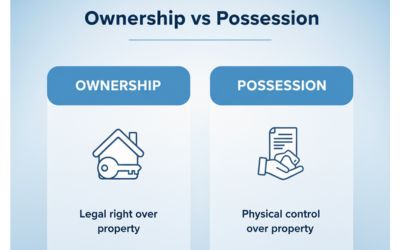
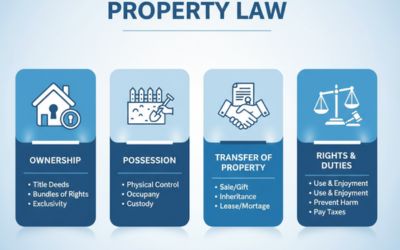
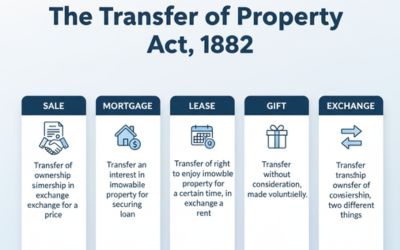












































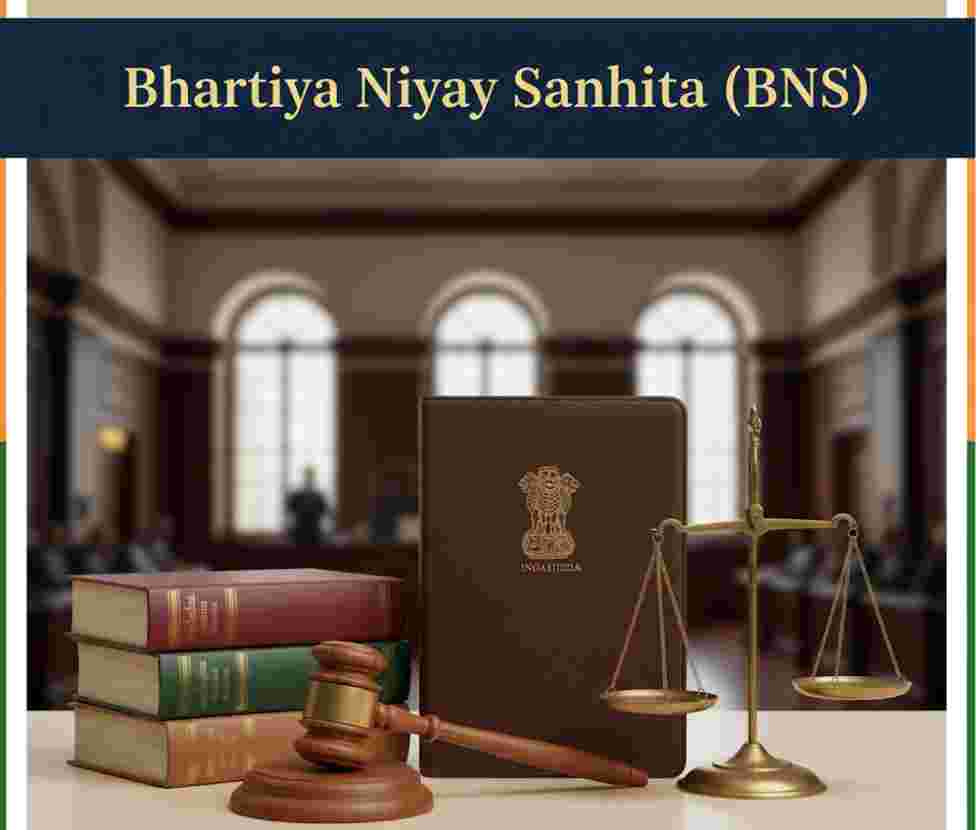
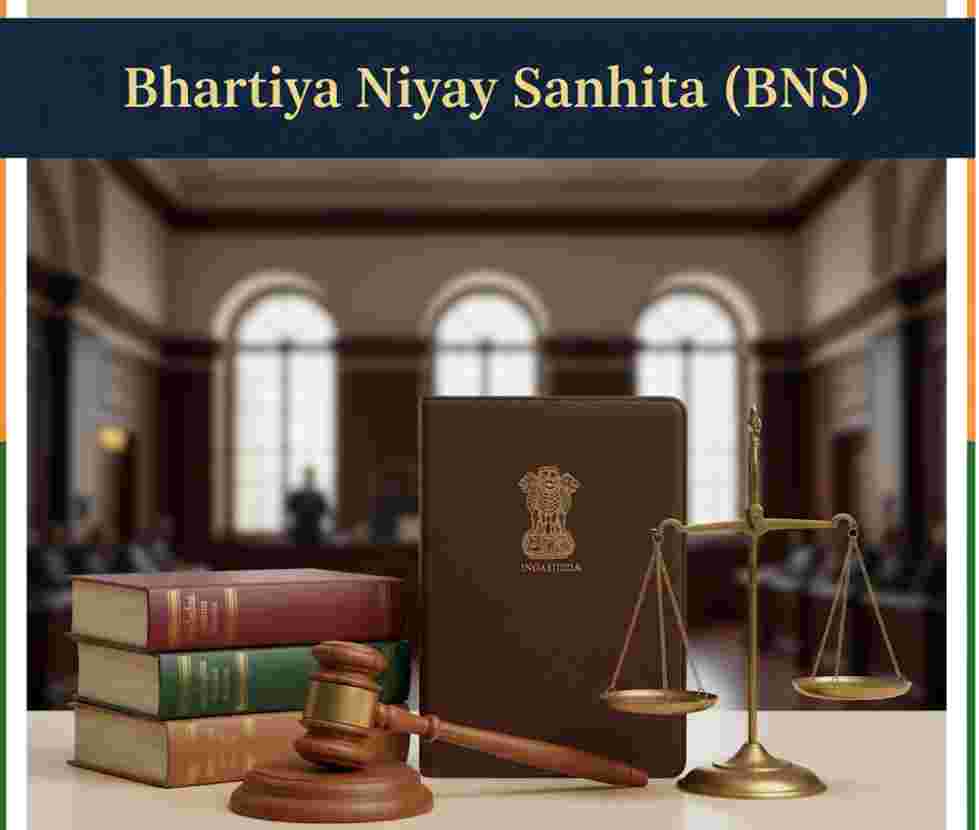
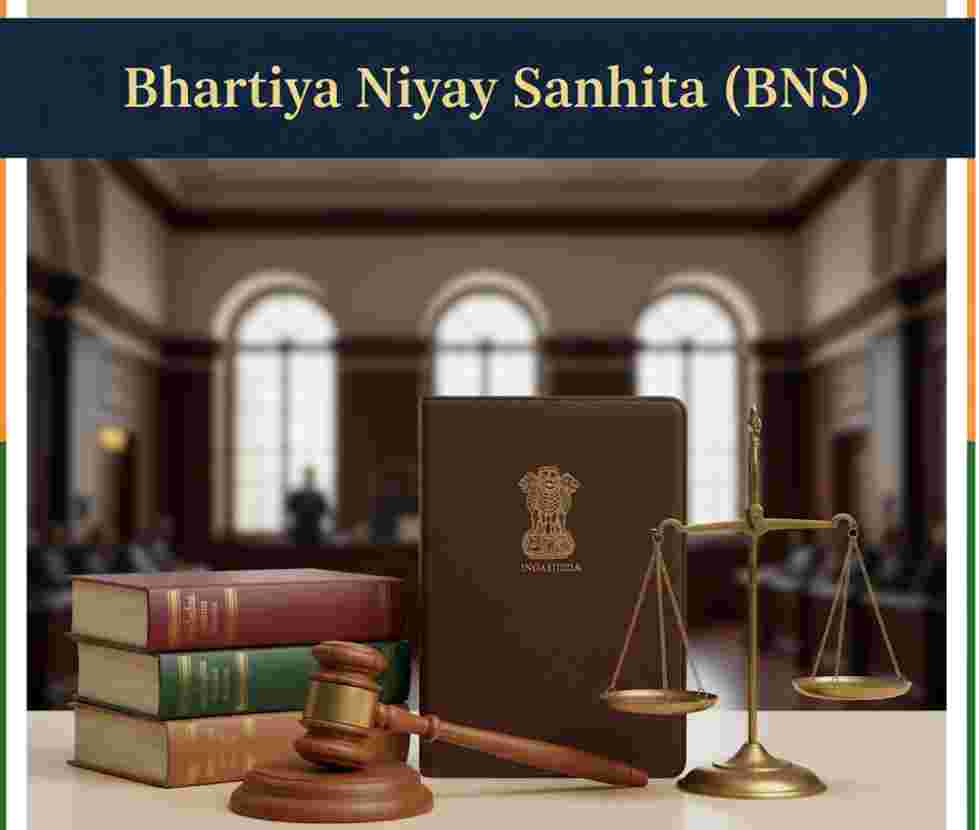
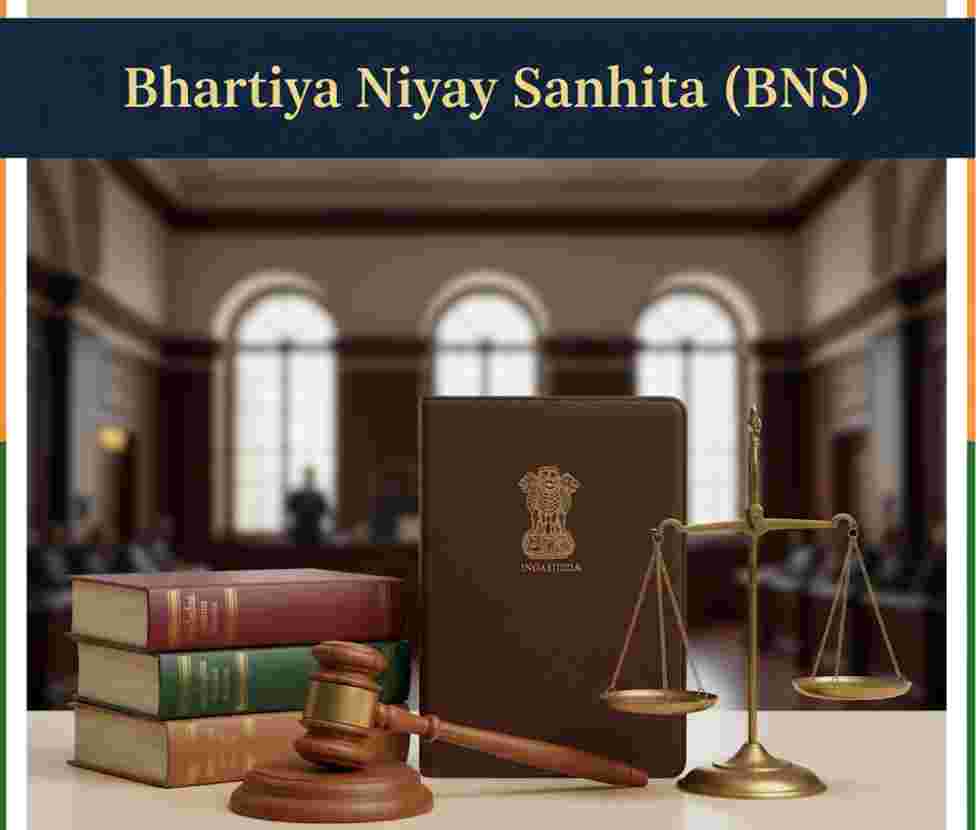
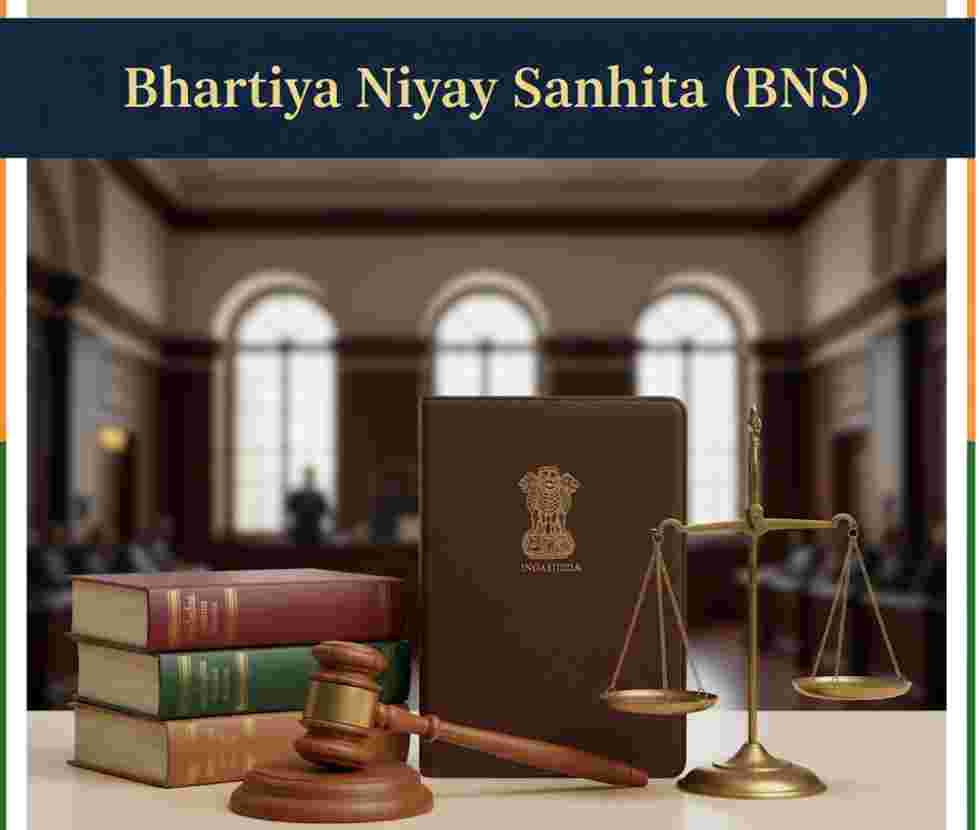
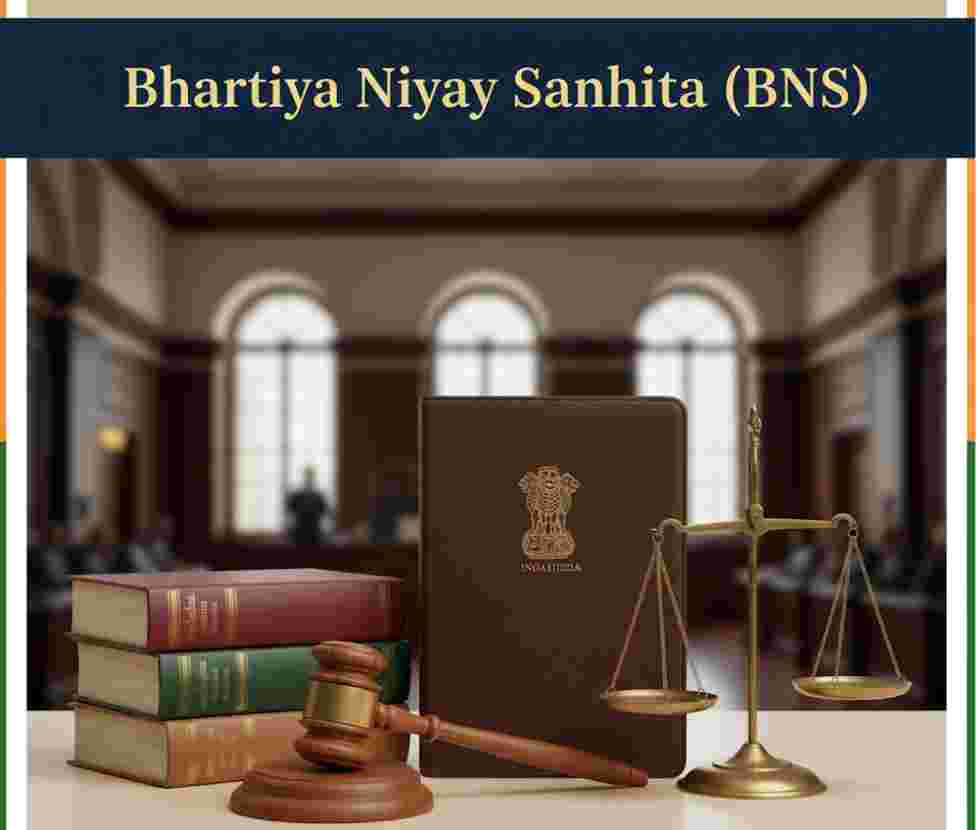
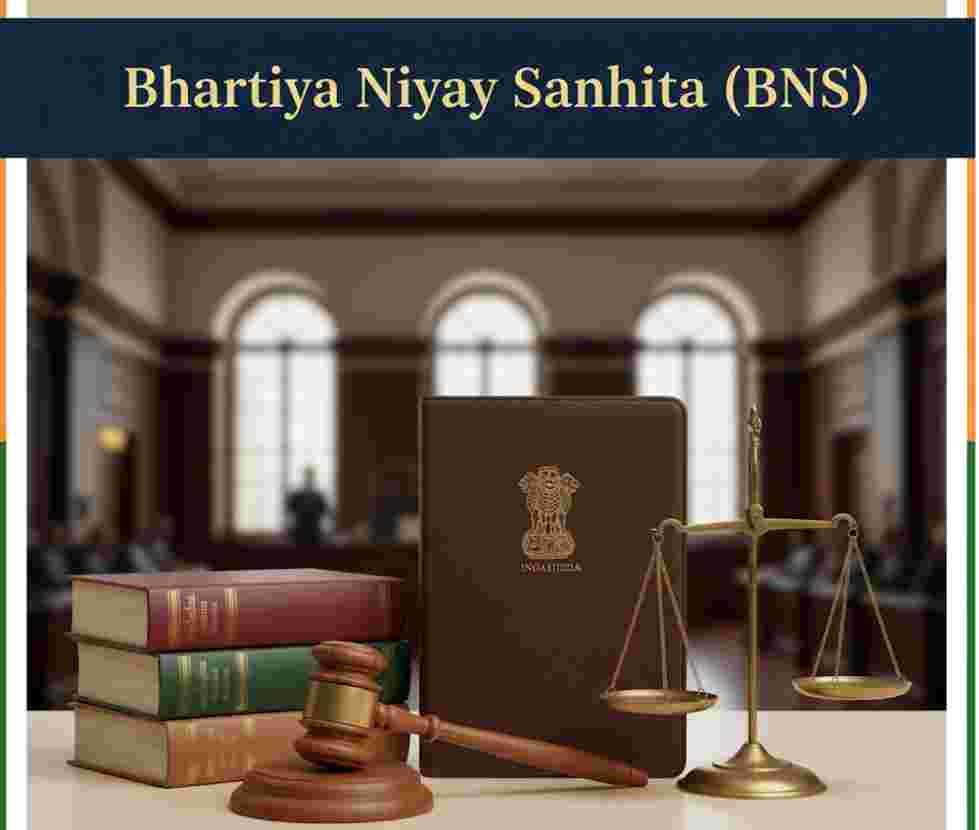

















































Comment
Nothing for now